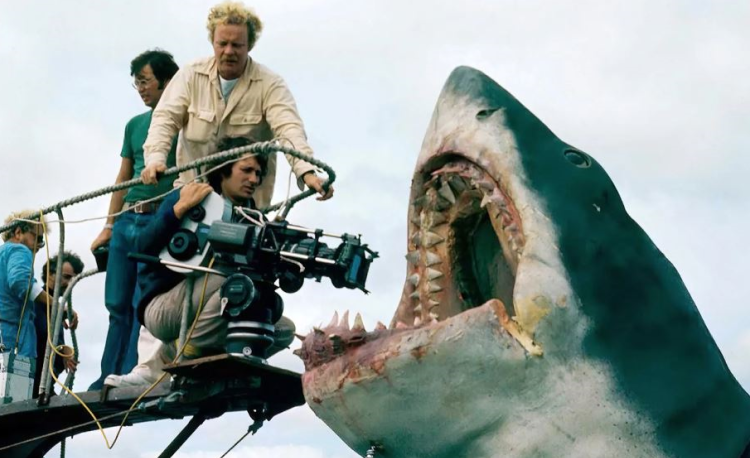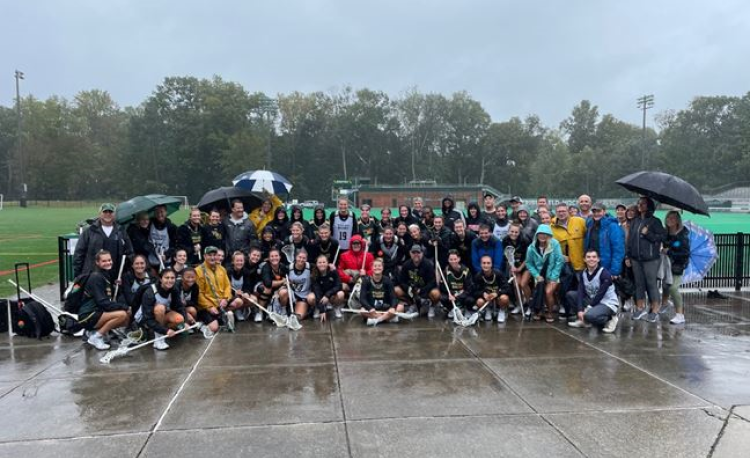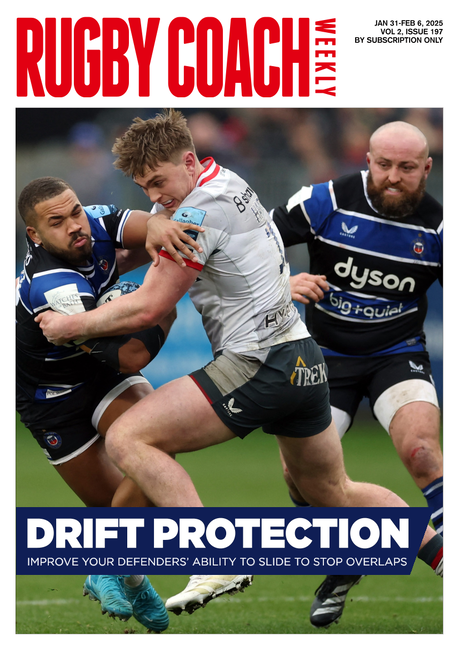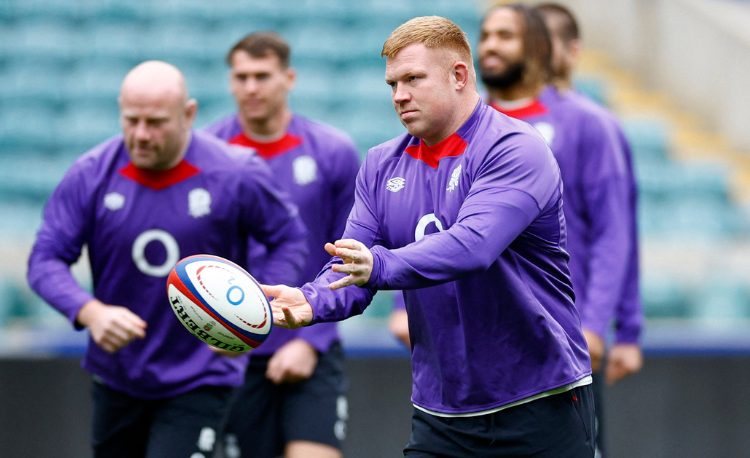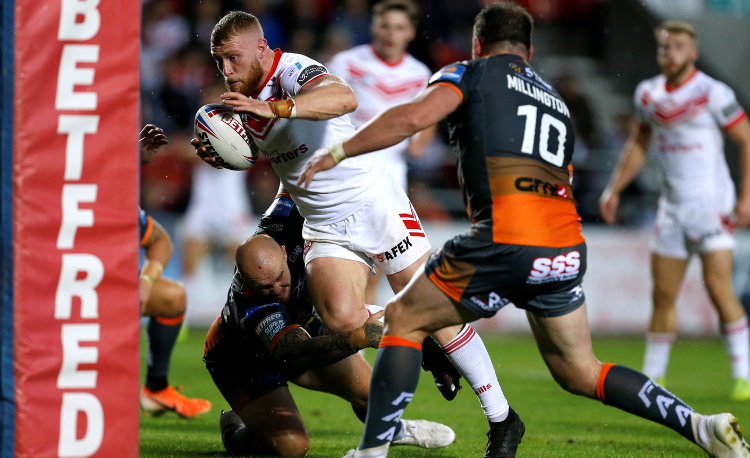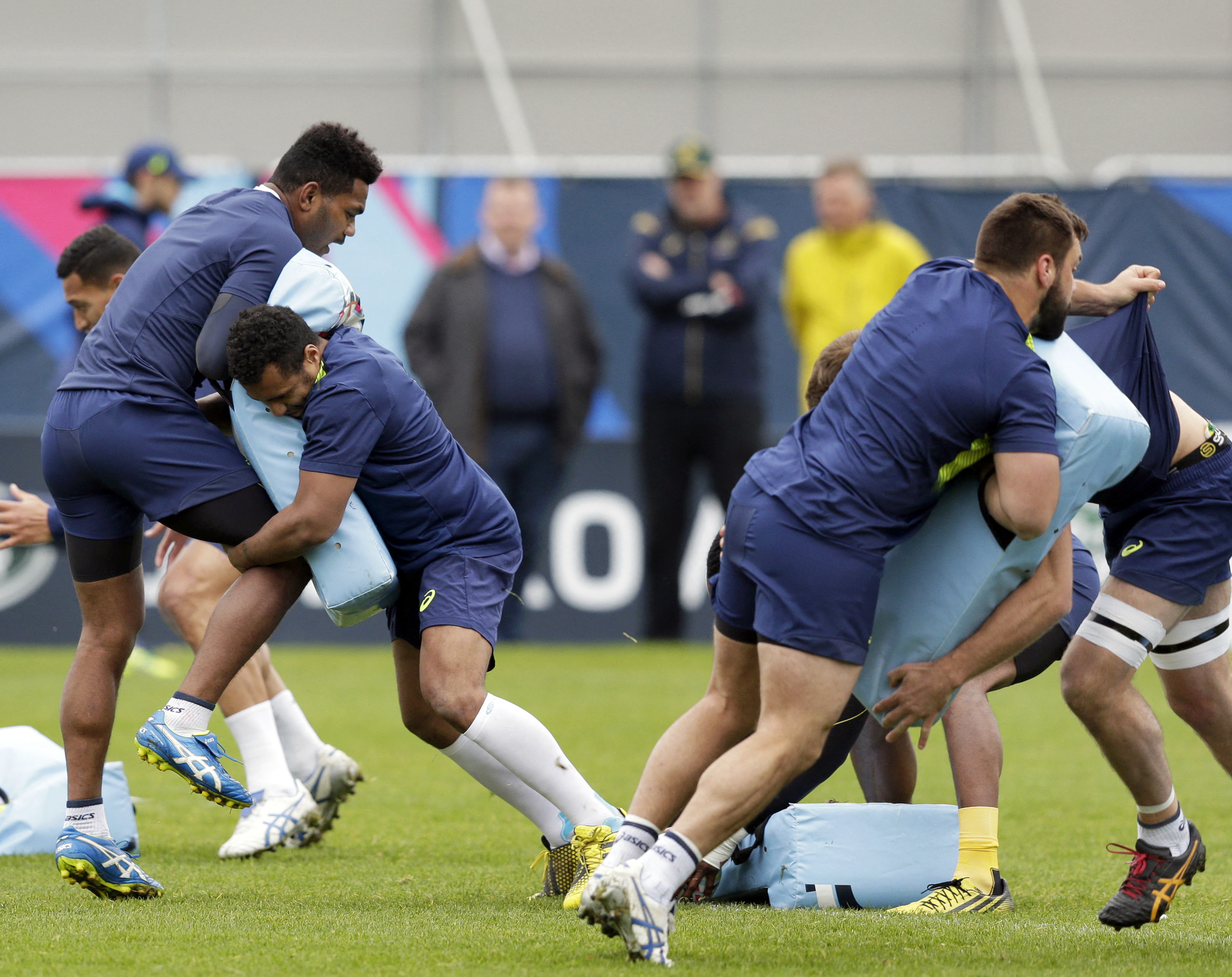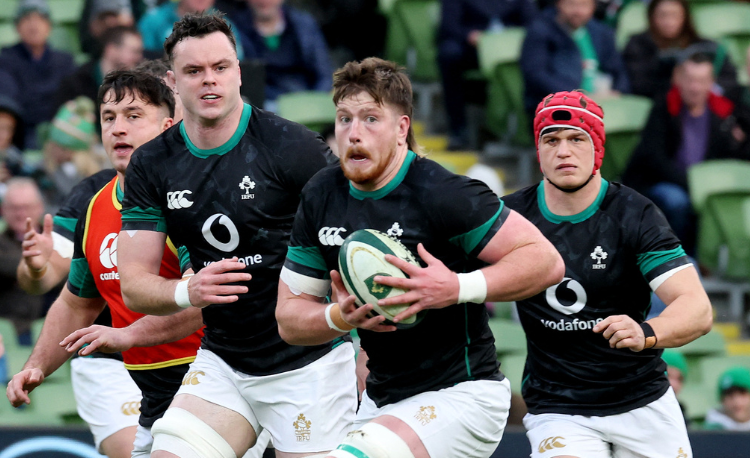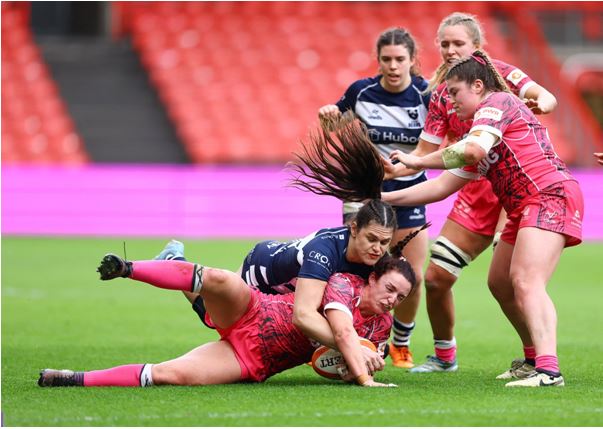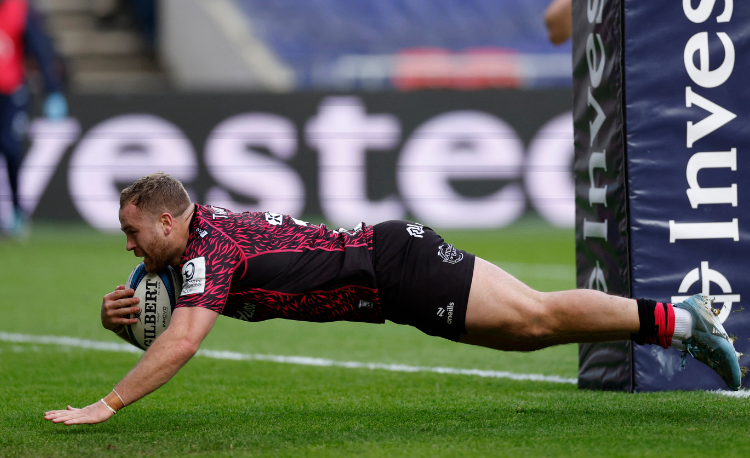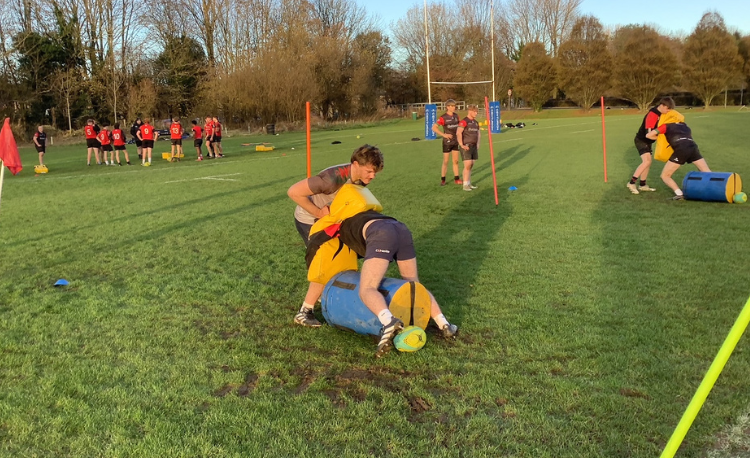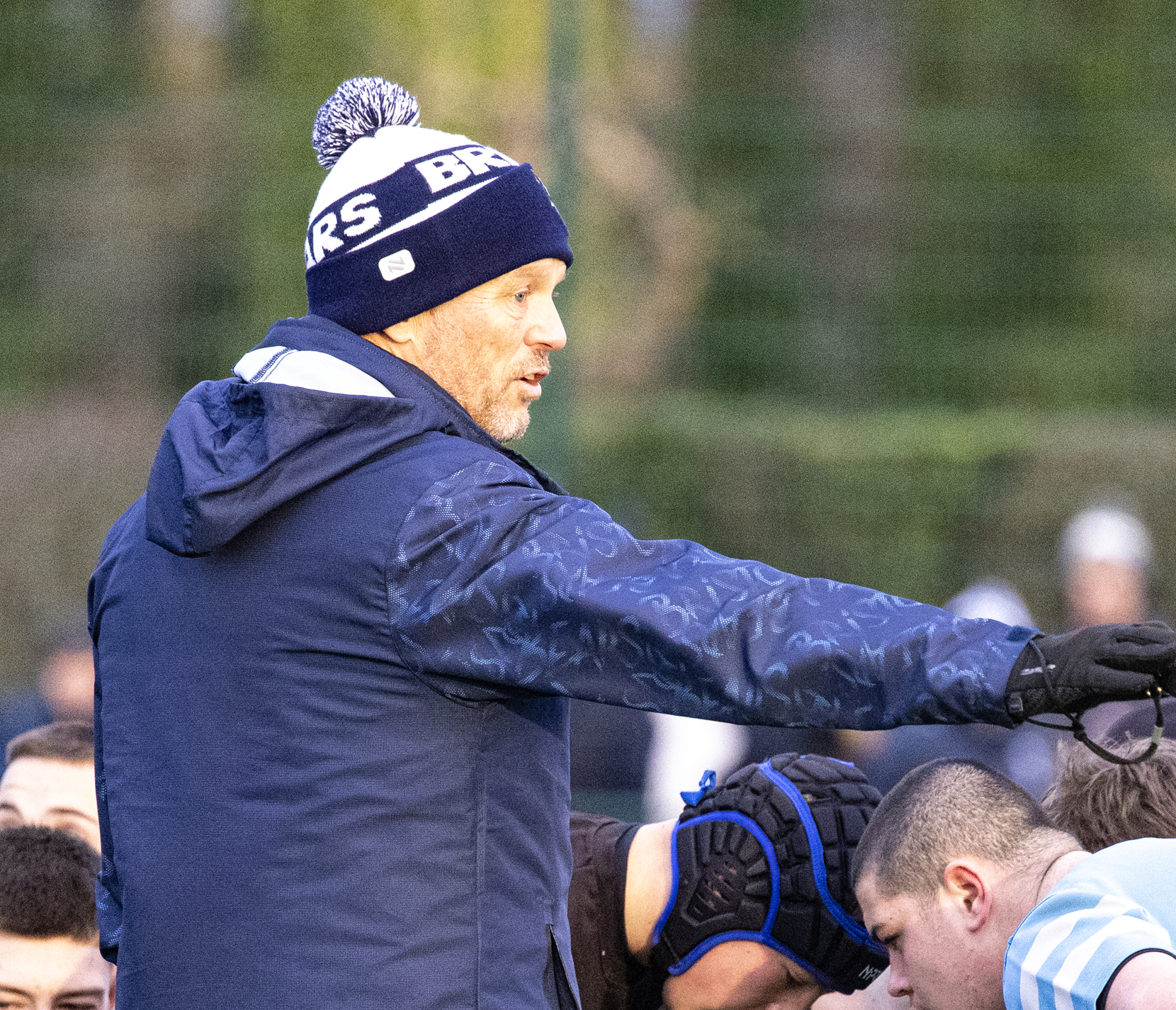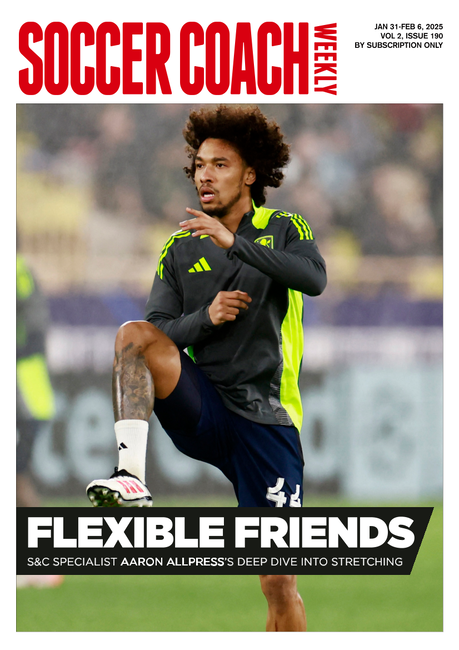Why parents are not your 'shark problem'
Culture consultant JP NERBUN on reshaping a mindset on relationship building.
In the early stages of his career, budding filmmaker Steven Spielberg faced a daunting challenge that could have spelled disaster for him.
While shooting the iconic movie Jaws, Spielberg and his crew were confronted with a major setback.
The mechanical shark, which had consumed a significant portion of their budget, repeatedly malfunctioned, causing extensive delays and rendering entire days of filming useless. It not only caused the film to go over budget, but also put it behind schedule.
Spielberg’s turning point came when he realized that the defective shark was not the main obstacle.
Instead, he recognized that his approach to the problem needed to change, leading him to pivot his thinking and make significant script revisions.
This, ultimately, resulted in a shark movie without an actual shark. A revolutionary approach, it proved to be a stroke of genius as Jaws went on to shatter box-office records, becoming an all-time classic.
"Parents are not your problem. More likely, the problem is your approach to parents..."
The film’s triumph lay in the power of suggestion, with the absence of the shark creating a profound impact on the audience.
Like Spielberg’s faulty mechanical shark, parents in the game of rugby are not actually your problem, as some would like to tell you.
More likely, the problem is your approach to the parents in your program.
Rather than a solution to your ’shark problem’, we need a new perspective on the challenges of sports parents.
Parents can be valuable partners in your athletes’ development and, therefore, are part of the solution.
By reshaping your relationship with parents and how you engage with them, you can change the story of your athletes and teams, resulting in more positive and beneficial outcomes.
Richard Weissbourd, professor of moral development at Harvard University and a guest on my podcast, offered this insight into the outcomes of effective coaching: “Coaches should recognize that, while there are advantages to creating a temporary space where children are insulated from family pressures, ultimately their job is not to rescue children from their families but to strengthen the tie between parent and child that is at the backbone of children’s healthy development."
Engaging with parents in the right way can lead to productive relationships that positively impact the lives of athletes.
That impact isn’t limited to the playing field. Here are some ideas from my latest book, The Sports Parent Solution: Proven Strategies for Transforming Parents from Obstacles to Allies...
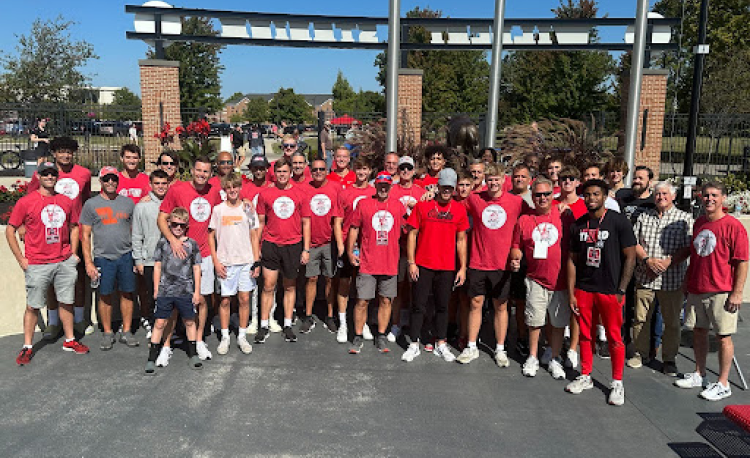
1. Lead by example
Our actions and reactions set the tone for those around us, including parents, who look to us for guidance and mirror our behavior.
Remember, it’s not only the players who observe and emulate us; parents also think, “If the coach is doing it, then I can, too".
If the only influence you had on parents was your example, what would you do differently?
2. Be grateful for the opportunity to coach
Parents invest significant amounts of time, money and emotional energy in supporting their children’s athletic pursuits.
Regardless of their other options, they have chosen to place their trust in you as a coach. Take the time to express gratitude by saying simple expressions like, “Thank you for allowing me to coach your child”.
3. Share your coaching philosophy (and story)
Find opportunities to communicate your philosophy – whether it’s through an information meeting before tryouts or the first practice, or even a simple email introducing yourself and your approach.
Every philosophy has a story behind it. It could stem from your personal history as an athlete or a significant moment in your coaching career.
Collect these stories and share them often. Parents should know why you coach, why you coach the way you do, and your vision (not just goals) for the athletes’ experience.
4. Turn your pre-season parent meeting into an experience
Parents need opportunities to get to know other athletes and parents, build relationships and coalesce around a common goal.
Only when these connections are built are parents able to truly support the entire team and genuinely care for the other athletes.
Host a parent experience event in your program or include it as part of your official parent meeting.
Start by having fun together: do a team-building activity, take team photos together, run a parent practice or share a meal.
Consider finishing the event by co-creating a set of parent standards for the team to ensure success and a positive experience.
5. Share the conversations you want to have with parents
In most teams, coaches tend to communicate the conversations they won’t have with parents, i.e., around playing time.
However, I recommend starting by communicating the conversations you do want to have moving forward.
As a coach I want to have a conversation when:
- A child is struggling
- The family is going through something difficult
- The parent has a serious issue with my behavior
- Something has been bothering the parents for an extended period of time.
Many coaches would look at this list of conversations and worry that it might invite trouble.
Well, let me reassure you. Coaches I’ve worked with who have shared their list of conversations have typically found that having an open-door policy actually leads to fewer parent meetings.
If you found these strategies beneficial, and would like to learn more about them and other strategies, get a copy of my most recent book, The Sports Parent Solution: Proven Strategies for Transforming Parents from Obstacles to Allies, from which this article has been adapted.
Related Files
Newsletter Sign Up
Coaches Testimonials

Gerald Kearney, Downtown Las Vegas Soccer Club

Paul Butler, Florida, USA

Rick Shields, Springboro, USA

Tony Green, Pierrefonds Titans, Quebec, Canada
Subscribe Today
Be a more effective, more successful rugby coach
In a recent survey 89% of subscribers said Rugby Coach Weekly makes them more confident, 91% said Rugby Coach Weekly makes them a more effective coach and 93% said Rugby Coach Weekly makes them more inspired.
Get Weekly Inspiration
All the latest techniques and approaches
Rugby Coach Weekly offers proven and easy to use rugby drills, coaching sessions, practice plans, small-sided games, warm-ups, training tips and advice.
We've been at the cutting edge of rugby coaching since we launched in 2005, creating resources for the grassroots youth coach, following best practice from around the world and insights from the professional game.
